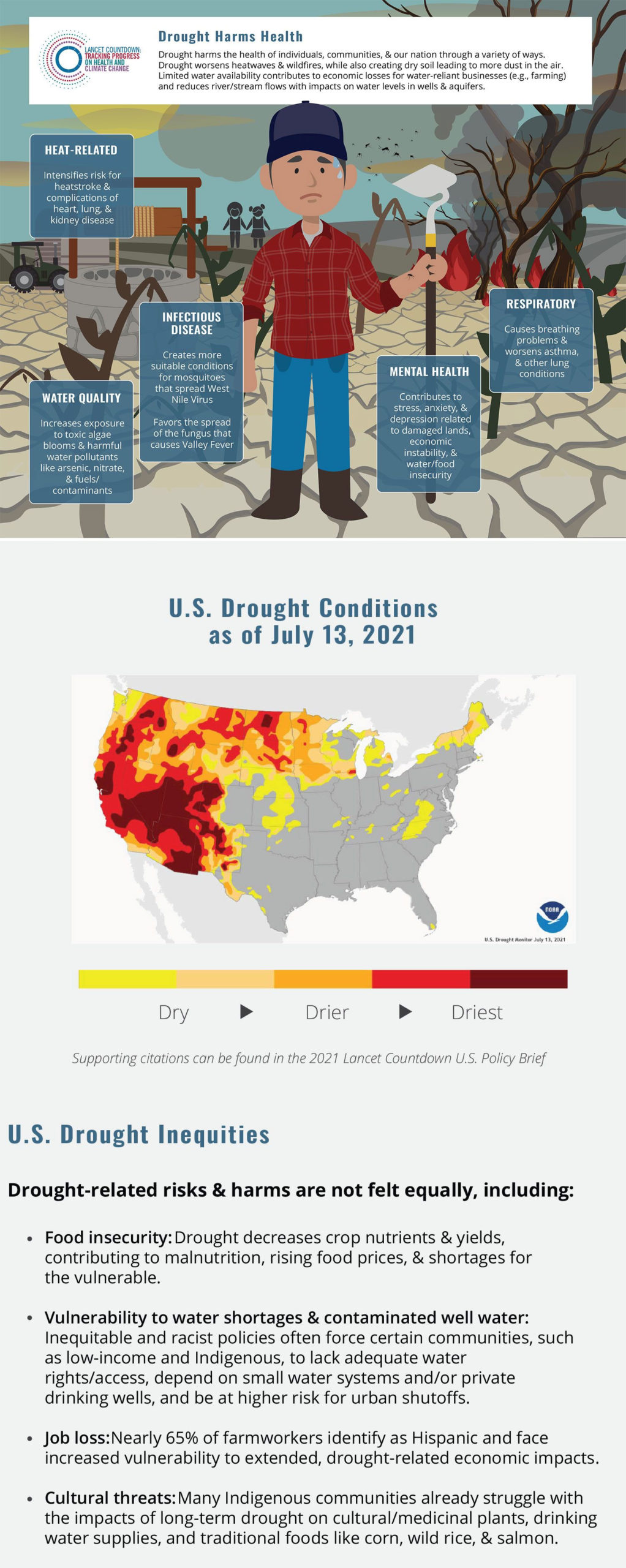Wicked Problems
These characteristics often manifest in challenges in which resolution or solutions are particularly difficult, and perhaps sometimes even impossible. Rittel and Webber (1973) descriptively labelled such problems as being ‘wicked’ because they involve scientific uncertainties, interdependencies, deep-seated conflicting positions and ongoing change (e.g., Rittel & Webber, 1973; Lazarus, 2009; Balint et al., 2011).
Characteristics of wicked problems (Rittel & Webber, 1973)
1. There is no definitive formulation of a wicked problem.
2. Wicked problems have no stopping rule.
3. Solutions to wicked problems are not true-or-false, but good-or-bad.
4. There is no immediate and no ultimate test of a solution to a wicked problem.
5. Every solution to a wicked problem is a “one-shot operation” because there is no opportunity to learn by trial-and-error, every attempt counts significantly.
6. Wicked problems do not have an enumerable (or an exhaustively describable) set of potential solutions, nor is there a well-described set of permissible operations that may be incorporated into the plan.
7. Every wicked problem is essentially unique.
8. Every wicked problem can be considered to be a symptom of another problem.
9. The existence of a discrepancy representing a wicked problem can be explained in numerous ways; the choice of explanation determines the nature of the problem’s resolution.
10. The planner has no right to be wrong.
Super wicked problems
More recently, attention has been directed to problems which are ‘super wicked’. This class of problem has the features of ‘wicked problems’ as well as additional exacerbating features – time is consequential, institutional mechanisms for resolution are absent, and those seeking to resolve it are also the cause (Lazarus, 2009).
Let’s consider why climate change is a super wicked problem through some real-world examples outlined below:
Record greenhouse gas concentrations and accumulated heat have propelled the planet into uncharted territory, with far-reaching repercussions for current and future generations.
Extreme events are becoming the new norm: WMO #StateofClimate 2021#COP26 pic.twitter.com/y8KiuUq1rd— World Meteorological Organization (@WMO) October 31, 2021

"You have to begin with something people already agree on." As leaders arrive for #COP26, climate scientists say countries haven't yet done enough to save the planet. UN Champion of the Earth @KHayhoe is still hopeful https://t.co/T7wahmtXPO
— BBC World Service (@bbcworldservice) November 1, 2021
Climate change is a super wicked problem because its causes are multiple and complex, its impacts are uncertain and interrelated, and potential solutions to climate change are unknown or may cause further problems. Climate change is propelling the planet into unchartered territory, and is impacts people in multiple different ways every day. What thoughts or emotions do these media clippings raise for you?

